Find A Professional
More Items From Ergsy search
-
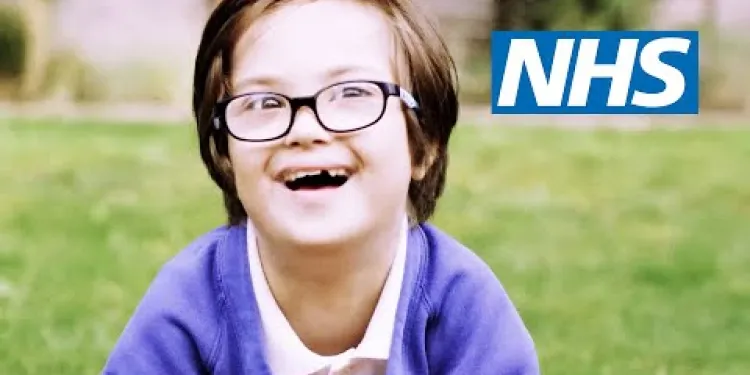
Having a child with Down's syndrome | NHS
Relevance: 100%
-
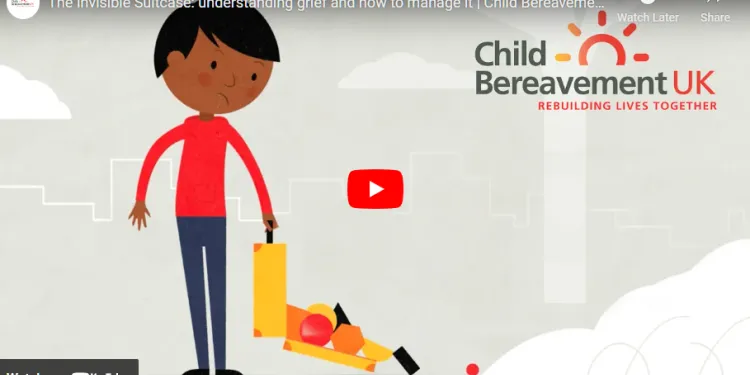
Child Bereavement
Relevance: 72%
-

Down's syndrome: Emily's story | NHS
Relevance: 68%
-

Child Care Proceedings | Family Law
Relevance: 67%
-

Does Universal Credit cover childcare costs?
Relevance: 65%
-
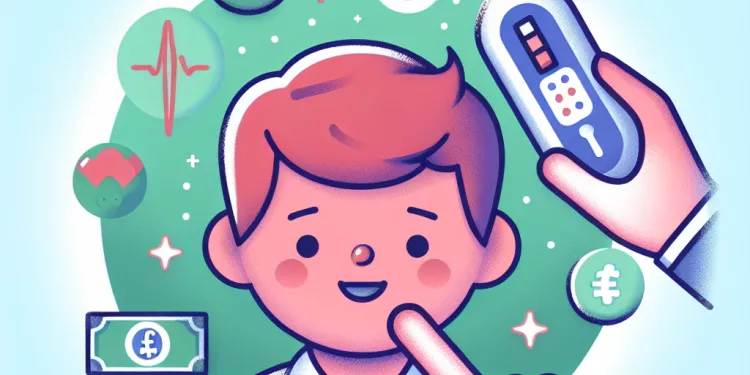
Which medication should be avoided for children with fevers?
Relevance: 62%
-
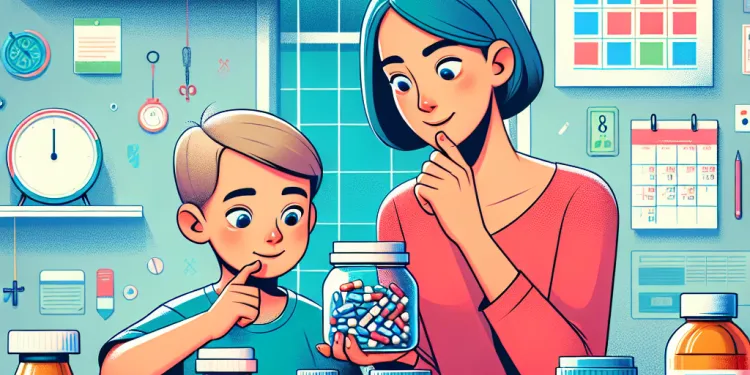
Can children take the same cold medications as adults?
Relevance: 61%
-

Can children have sleep apnea?
Relevance: 60%
-
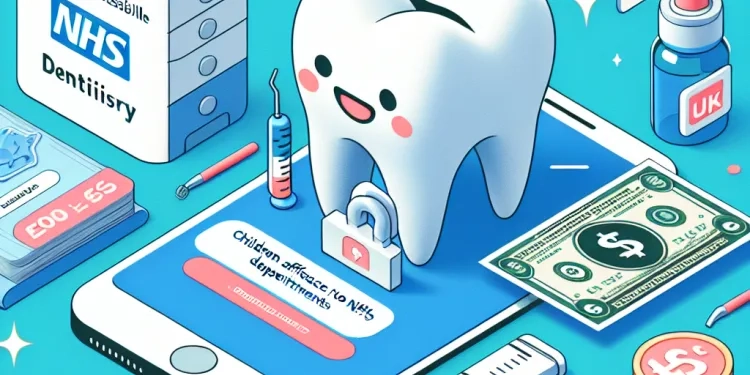
Can children get NHS dentist appointments?
Relevance: 58%
-
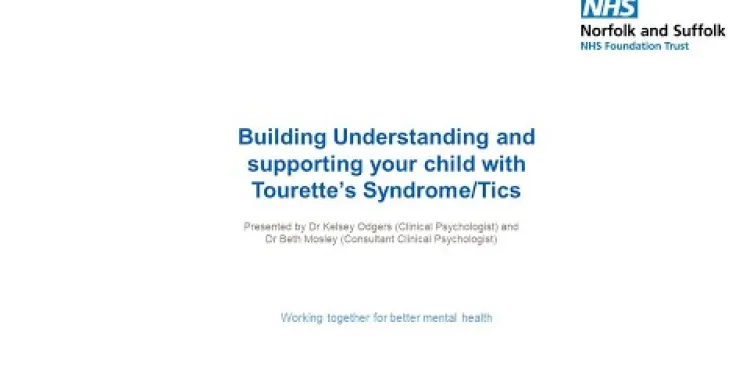
Building Understanding and Supporting Your Child with Tourette’s Syndrome/Tics
Relevance: 56%
-

Navigating Child Custody and Visitation Rights in Modern UK
Relevance: 56%
-

Understanding Parental Rights in Light of New UK Child Protection Legislation
Relevance: 55%
-

Can children benefit from chiropractic care?
Relevance: 54%
-
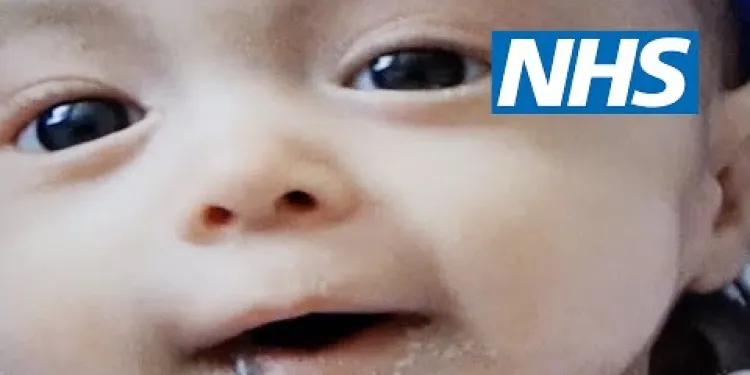
Having a child with Edwards' syndrome (trisomy 18) | NHS
Relevance: 54%
-

Are children more affected by new variants of COVID?
Relevance: 54%
-

How is progress measured for SEND children?
Relevance: 54%
-
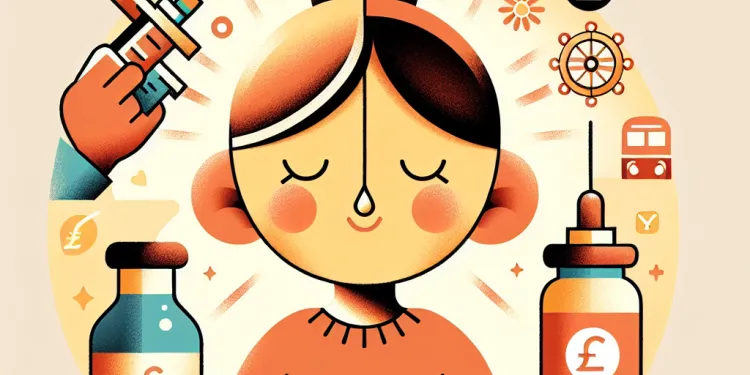
Can children receive the flu vaccine as a nasal spray?
Relevance: 54%
-
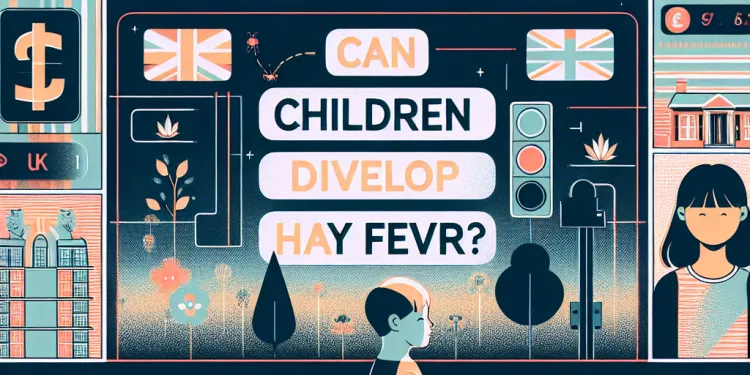
Can children develop hay fever?
Relevance: 54%
-
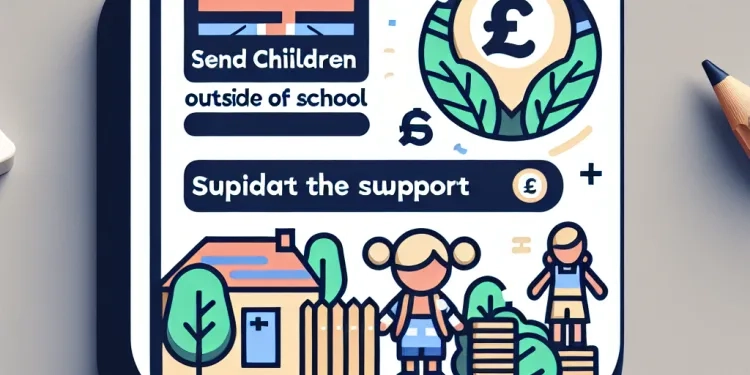
What support is available outside of school for SEND children?
Relevance: 53%
-

What are the current statistics on childhood obesity in the UK?
Relevance: 53%
-

What qualifies as a direct descendant for RNRB purposes?
Relevance: 53%
-

Who are SEND children?
Relevance: 52%
-
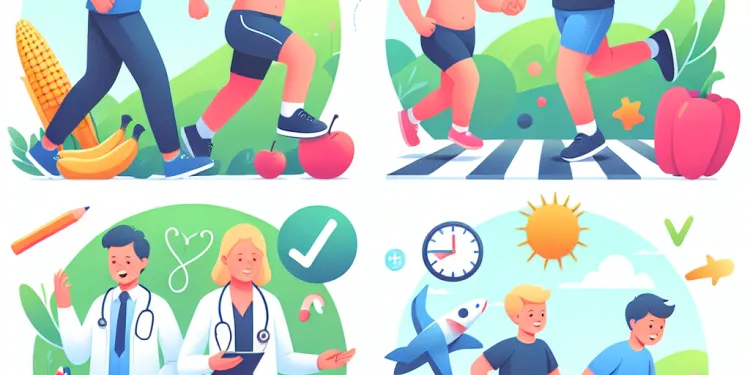
Is childhood obesity a concern in the United Kingdom?
Relevance: 52%
-
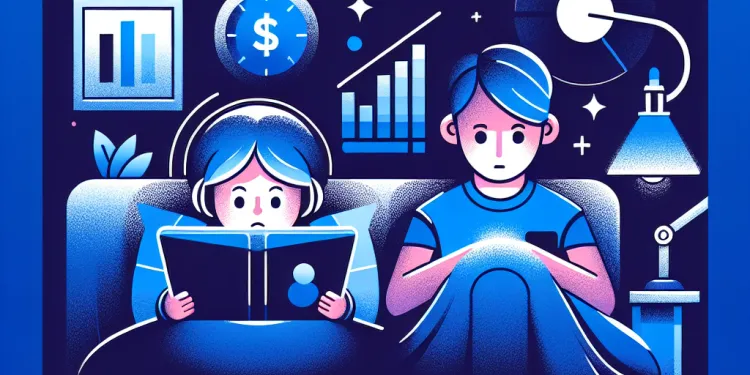
Are children more affected by screen time in relation to sleep than adults?
Relevance: 52%
-

Turner syndrome: Beyond the classic XO phenotype
Relevance: 52%
-
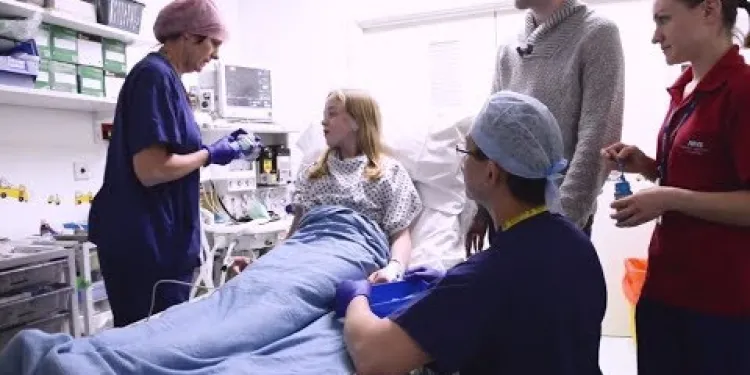
Having an operation in Oxford Children's Hospital with YiPpEe
Relevance: 51%
-
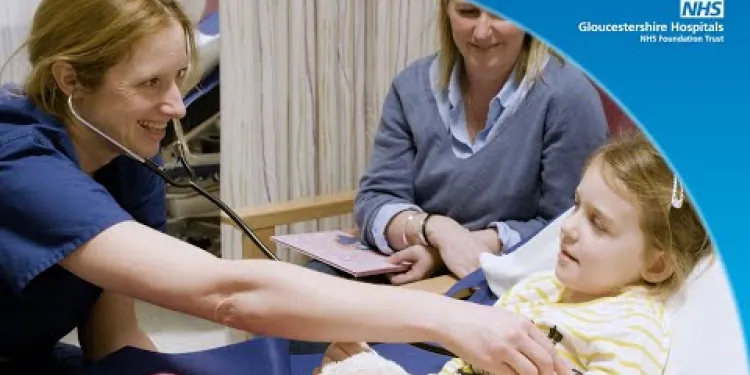
Having an operation at the Children’s Centre
Relevance: 51%
-

Understanding Mental Health in Children
Relevance: 50%
-

Caring for a child with fever | NHS
Relevance: 49%
-

Children Act 1989 section 20 - Legislation
Relevance: 48%
-

Evidence-Based Interventions: grommets for glue ear in children
Relevance: 48%
-

Can children outgrow asthma?
Relevance: 48%
-

Navigating Child Custody Laws in the UK
Relevance: 47%
-

Can SEND children access extracurricular activities?
Relevance: 47%
-

Do children need a separate passport to travel to the EU?
Relevance: 47%
-

What are SEND children?
Relevance: 47%
-

What support is available for SEND children in schools?
Relevance: 46%
-

Dyspraxia Children: How to Help
Relevance: 46%
-

Stammering myth 4: You should ignore a child's stammer
Relevance: 46%
-

Can children with disabilities access school meals?
Relevance: 46%
Having a Child with Down's Syndrome | NHS
Understanding Down's Syndrome
Down's syndrome, also known as trisomy 21, is a genetic condition where a person has an extra chromosome 21. This results in some distinct physical characteristics and varying degrees of learning disabilities. Early intervention and support from healthcare professionals can help children with Down's syndrome lead fulfilling lives.
Diagnosis and Support
Down's syndrome can often be diagnosed during pregnancy through screening and diagnostic tests. After birth, diagnosis is usually confirmed through genetic testing. The NHS offers comprehensive support for families, including genetic counseling, healthcare management, and early developmental support services.
Healthcare for Children with Down's Syndrome
Children with Down's syndrome are more likely to encounter certain health issues such as heart and gastrointestinal problems. Regular medical check-ups and ongoing care are crucial. The NHS provides specialized clinics and healthcare services, including pediatricians, cardiologists, and other specialists to monitor and address these needs.
Educational Support and Inclusive Learning
Children with Down's syndrome can thrive in inclusive educational settings with adequate support. The UK education system offers tailored learning plans, special educational needs (SEN) support, and access to specialist teaching assistants. Parents are encouraged to work closely with schools to create optimal learning environments.
Community and Emotional Support
Emotional and community support plays a vital role in the well-being of families with a child with Down's syndrome. The NHS collaborates with various support groups and charities such as the Down's Syndrome Association, providing resources, social networks, and counseling services to families.
Future Outlook
With modern medical advancements and inclusive societal attitudes, individuals with Down's syndrome can achieve remarkable milestones. The NHS remains committed to providing comprehensive care and support, helping children with Down's syndrome in the UK to reach their full potential and enjoy quality lives.
Frequently Asked Questions
What is Down's syndrome?
Down's syndrome is a genetic condition that occurs when a person has an extra chromosome 21. This can cause a range of physical and intellectual disabilities.
How common is Down's syndrome?
In the UK, around 1 in every 1,000 babies is born with Down's syndrome.
What are the common characteristics of a child with Down's syndrome?
Children with Down's syndrome often have distinct facial features, developmental delays, and may have various health issues such as heart defects or hearing problems.
Is there a cure for Down's syndrome?
There is no cure for Down's syndrome, but early intervention, education, and appropriate health care can improve the quality of life for those affected.
How is Down's syndrome diagnosed?
Down's syndrome can be diagnosed before birth through screening tests like the combined test (blood test and nuchal translucency scan) and diagnostic tests such as amniocentesis. After birth, it can be diagnosed with a blood test.
What kind of support is available for children with Down's syndrome?
Support can include early intervention programmes, special education, physiotherapy, speech therapy, and various health services. Charities and support groups also offer resources and community.
Can children with Down's syndrome attend mainstream schools?
Many children with Down's syndrome attend mainstream schools, often with additional support. The appropriateness of mainstream schooling depends on the child's individual needs.
What are the common health issues associated with Down's syndrome?
Individuals with Down's syndrome are more prone to health issues like congenital heart defects, respiratory problems, thyroid conditions, and hearing or vision impairments.
Will my child with Down's syndrome be able to lead an independent life?
Many individuals with Down's syndrome live semi-independent or independent lives, often with support for specific needs. Early education and life skills training can help them achieve greater independence.
What causes Down's syndrome?
Down's syndrome is caused by the presence of an extra chromosome 21, which occurs due to a random genetic error during the formation of eggs or sperm.
Can Down's syndrome be prevented?
Down's syndrome cannot be prevented. The occurrence is generally random, although the risk increases with maternal age.
How do I tell my child they have Down's syndrome?
It's important to approach the conversation with honesty and sensitivity. Use age-appropriate language and be ready to answer their questions. Support groups and healthcare professionals can offer guidance.
Will my child with Down's syndrome be able to work?
Many individuals with Down's syndrome gain employment in various fields. Vocational training and support from employment services can greatly assist in securing and maintaining a job.
How do I manage the stress of raising a child with Down's syndrome?
Seeking support from family, friends, and support groups can be very beneficial. Professional counselling can also help manage stress and provide coping strategies.
Are there financial supports available for families of children with Down's syndrome?
In the UK, families may be eligible for various benefits such as Disability Living Allowance (DLA), Carer's Allowance, and support through their local council.
Useful Links
Useful links from: Down's syndrome: Emily's story | NHS
- NHS: Emily's Story Read about Emily's personal journey and experiences living with Down's syndrome on the official NHS website.
- Down's Syndrome Association The Down's Syndrome Association provides support and information for people with Down's syndrome, their families, and carers.
- Contact - For families with disabled children Contact is a UK charity that supports families with disabled children, offering advice, information, and workshops.
- Mencap - The voice of learning disability Mencap is a UK charity focused on improving the lives of people with learning disabilities, including Down's syndrome, through support, information, and advocacy.
- Ergsy carfully checks the information in the videos we provide here.
- Videos shown by Youtube after a video has completed, have NOT been reviewed by ERGSY.
- To view, click the arrow in centre of video.
- Most of the videos you find here will have subtitles and/or closed captions available.
- You may need to turn these on, and choose your preferred language.
- Go to the video you'd like to watch.
- If closed captions (CC) are available, settings will be visible on the bottom right of the video player.
- To turn on Captions, click settings .
- To turn off Captions, click settings again.
More Items From Ergsy search
-

Having a child with Down's syndrome | NHS
Relevance: 100%
-

Child Bereavement
Relevance: 72%
-

Down's syndrome: Emily's story | NHS
Relevance: 68%
-

Child Care Proceedings | Family Law
Relevance: 67%
-

Does Universal Credit cover childcare costs?
Relevance: 65%
-

Which medication should be avoided for children with fevers?
Relevance: 62%
-

Can children take the same cold medications as adults?
Relevance: 61%
-

Can children have sleep apnea?
Relevance: 60%
-

Can children get NHS dentist appointments?
Relevance: 58%
-

Building Understanding and Supporting Your Child with Tourette’s Syndrome/Tics
Relevance: 56%
-

Navigating Child Custody and Visitation Rights in Modern UK
Relevance: 56%
-

Understanding Parental Rights in Light of New UK Child Protection Legislation
Relevance: 55%
-

Can children benefit from chiropractic care?
Relevance: 54%
-

Having a child with Edwards' syndrome (trisomy 18) | NHS
Relevance: 54%
-

Are children more affected by new variants of COVID?
Relevance: 54%
-

How is progress measured for SEND children?
Relevance: 54%
-

Can children receive the flu vaccine as a nasal spray?
Relevance: 54%
-

Can children develop hay fever?
Relevance: 54%
-

What support is available outside of school for SEND children?
Relevance: 53%
-

What are the current statistics on childhood obesity in the UK?
Relevance: 53%
-

What qualifies as a direct descendant for RNRB purposes?
Relevance: 53%
-

Who are SEND children?
Relevance: 52%
-

Is childhood obesity a concern in the United Kingdom?
Relevance: 52%
-

Are children more affected by screen time in relation to sleep than adults?
Relevance: 52%
-

Turner syndrome: Beyond the classic XO phenotype
Relevance: 52%
-

Having an operation in Oxford Children's Hospital with YiPpEe
Relevance: 51%
-

Having an operation at the Children’s Centre
Relevance: 51%
-

Understanding Mental Health in Children
Relevance: 50%
-

Caring for a child with fever | NHS
Relevance: 49%
-

Children Act 1989 section 20 - Legislation
Relevance: 48%
-

Evidence-Based Interventions: grommets for glue ear in children
Relevance: 48%
-

Can children outgrow asthma?
Relevance: 48%
-

Navigating Child Custody Laws in the UK
Relevance: 47%
-

Can SEND children access extracurricular activities?
Relevance: 47%
-

Do children need a separate passport to travel to the EU?
Relevance: 47%
-

What are SEND children?
Relevance: 47%
-

What support is available for SEND children in schools?
Relevance: 46%
-

Dyspraxia Children: How to Help
Relevance: 46%
-

Stammering myth 4: You should ignore a child's stammer
Relevance: 46%
-

Can children with disabilities access school meals?
Relevance: 46%